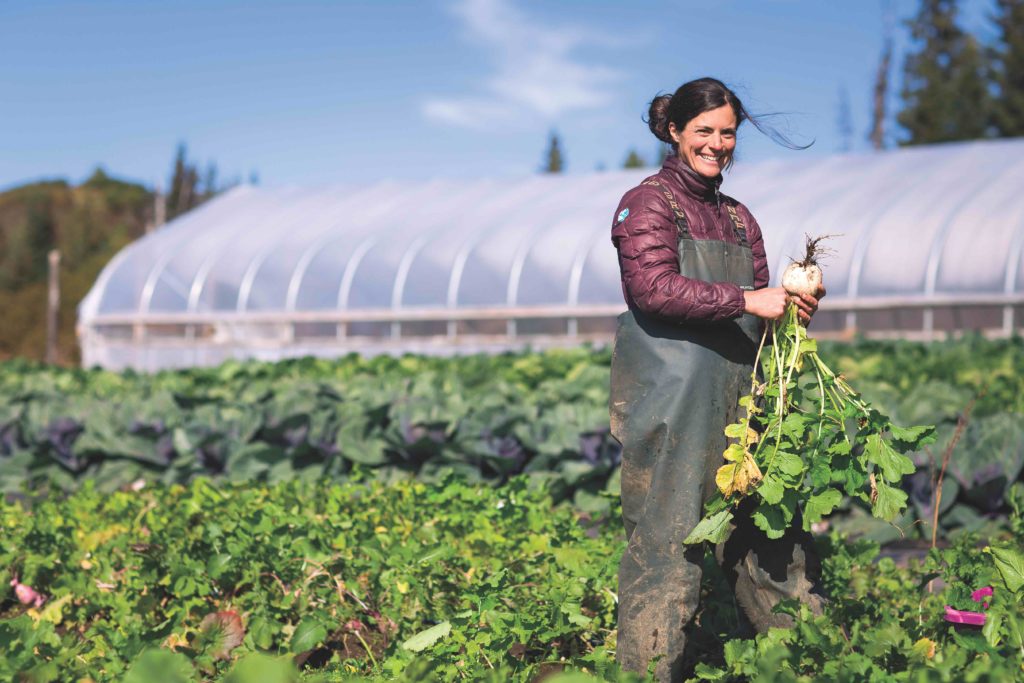
These Eight Towns Are Exceptionally Committed to Sustainability
From biogas to anaerobic composting, these towns are leading the way in sustainable energy.

Jamie Hooper/Alamy
Eugene, OR
Situated along the Willamette River in Western Oregon, Eugene (pictured above) is known for its beautiful scenery, farm-to-table dining, and world-class outdoor recreation. The town has also gained notoriety for tackling environmental issues from the ground up, giving power to the people to enact change on a local level. Residents compost food scraps alongside their recycling bins, and the Love Food, Not Waste program allows people and businesses to turn their food waste into communal compost and biogas. At the Cascades Raptor Center, injured raptors are rehabilitated and released into local vineyards to act as pest deterrents. The town’s Climate Action Plan 2.0, which strives to reduce local fossil fuel use and greenhouse emissions, includes leveraging traditional tribal ecological knowledge, which serves to foster inclusive problem-solving and a diverse array of solutions. In 2015, Our Children’s Trust, a non-profit public interest law firm representing youth from diverse backgrounds, established a federal lawsuit over climate action to secure young people’s legal rights to a safe climate. When the World Athletics Championship comes to Eugene in 2021, the city plans to have planted 2,021 sequoia trees as part of their off-setting strategy. These small actions, by a community that cares, add up to a whole greater than the sum of its parts: a town in which everyone has agency to make responsible environmental choices.
Park City, UT

Adventure Photo/Getty Images
In 2019, Park City was home to the MT2030 Net-Zero Summit, a forum for mountain towns committed to achieving ambitious carbon reduction goals by 2030. Park City’s goal is by far the most ambitious: to be net-zero carbon and run on 100% renewable electricity for city operations by 2022.
Healdsburg, CA
Instead of relying on a private electric company, Healdsburg owns and operates its own electric utility, maintaining the independence to buy green energy such as geothermal power from the Geysers, the world’s largest geothermal field. Almost 60% of the town’s electricity is powered by clean energy, and more than 40% is from geothermal energy.
Homer, AK

Katie Boone/Alaska Food Hub
Because more than 89% of Alaska’s food is imported, Homer has worked hard to increase its food sovereignty and now has the highest per-capita concentration of high tunnels (unheated greenhouses) in the country.
Flagstaff, AZ

Tamara Hastie
In addition to commitments like being an International Dark Sky City (the world’s first!) and part of the Pledge for the Wild (mountain towns supporting responsible tourism in wild places), Flagstaff fosters grassroots efforts such as a volunteer-run Fix-It Clinic to fix and reuse all matter of old things.

